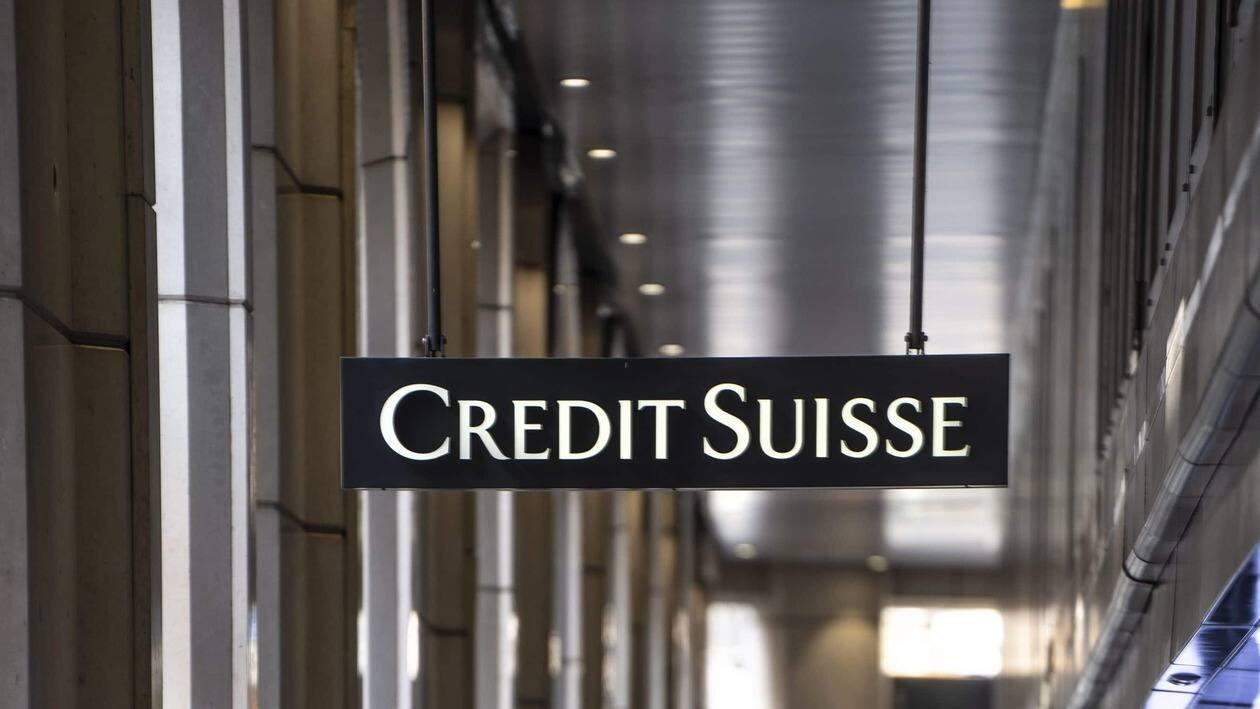In an effort to avoid further market-shaking turmoil in the global banking system, UBS is buying troubled rival Credit Suisse for almost $3.25 billion and assume up to $5.4 billion in losses, in a shotgun merger engineered by Swiss authorities.
The deal follows the collapse of two large US banks – Silicon Valley Bank and Signature Bank – earlier this month that spurred a frantic, broad response from the U.S. government to prevent any further panic.
The Swiss bank is paying 3 billion francs ($3.3 billion) for its rival in an all-share deal that includes extensive government guarantees and liquidity provisions. The price per share marked a 99 percent decline from Credit Suisse’s peak in 2007.
What happened with Credit Suisse
Credit Suisse last week reported that managers had identified “material weaknesses” in the bank’s internal controls on financial reporting as of the end of last year.
Swiss National Bank (SNB) came to the rescue of Credit Suisse with a $54-billion lifeline to shore up its liquidity. Credit Suisse said it would exercise an option to borrow from the central bank up to 50 billion Swiss francs ($54 billion).
On Wednesday, Saudi National Bank (1180.SE), the bank's top backer, told reporters it could not give more money to the bank as it was constrained by regulatory hurdles, while saying it was happy with the bank's turnaround plan.
Credit Suisse is the first major global bank to be given an emergency lifeline since the 2008 global meltdown and its problems have raised doubts over whether central banks will be able to sustain their fight against inflation with aggressive interest rate hikes.
However, its problems started earlier this year. Credit Suisse confirmed in February that clients had pulled 110 billion Swiss francs ($119 billion) of funds in the fourth quarter while the bank suffered its biggest annual loss of 7.29 billion Swiss francs since the financial crisis. In December, Credit Suisse had tapped investors for 4 billion Swiss francs.
Credit Suisse shares have lost more than 75 percent of their value over the past twelve months.
Impact on Indian Banks
According to experts, India's banking system is expected to remain unaffected by the troubles in Credit Suisse as it has a very small presence in the country.
Although Credit Suisse is more relevant to India's financial system than Silicon Valley Bank (SVB), it has very limited operations, a report by brokerage house Jefferies India noted.
The Switzerland-based bank has less than ₹20,000 crore in assets in India, making it the 12th largest offshore lender, the brokerage highlighted. The brokerage further revealed that loans form 73 percent of Credit Suisse's total liabilities in India, with the majority of them of a short tenure.
"Credit Suisse has a strong presence in the derivatives market and funded 60 percent of assets from borrowings, of which 96 percent are up to two months. Still, it's small for the banking sector with 0.1 percent share of assets," said Jefferies.
It further mentioned that Credit Suisse is present as a branch and has a 1.5 percent share among foreign banks' assets and 0.1 percent in sector assets. 70 percent of its assets are in G-Secs (short term) and it has 0 NPLs. Alike foreign banks, its off-balance sheet is 7x the total assets, said the brokerage.
Given the relevance of Credit Suisse to India's banking sector, Jefferies stated that it sees softer adjustments in the assessment of counter-party risks, especially in the derivative market. It expects the RBI to keep a close watch on liquidity issues, and counter-party exposures and intervene as necessary. This may also lead to institutional deposits moving more towards larger/ quality banks, it added.
The brokerage further pointed out that overall foreign banks have a relatively smaller presence in India with a 6 percent share in total assets, 4 percent in loans and 5 percent in deposits. They are more active in the derivative markets (forex and interest rates) where they have a 50 percent share, it said.
Most of them are present as branches of the parent bank with only a few present as wholly-owned subsidiaries. Nevertheless, they retain capital, and liquidity and make similar annual report disclosures as Indian banks. Top-5 foreign banks in India by assets are HSBC, Citibank (which has now sold consumer business to Axis), Standard Chartered, Deutsche Bank and JP Morgan, mentioned Jefferies.
Overall, Jefferies does not see any significant impact on Indian banks on the back of the US financial crisis. Interestingly, Jefferies has a ‘buy’ rating on 7 of the 8 banks in its coverage including ICICI Bank, Axis Bank, Kotak Mahindra Bank, IndusInd Bank, Bandhan Bank and State Bank of India. However, it has a ‘neutral’ call on PNB.
